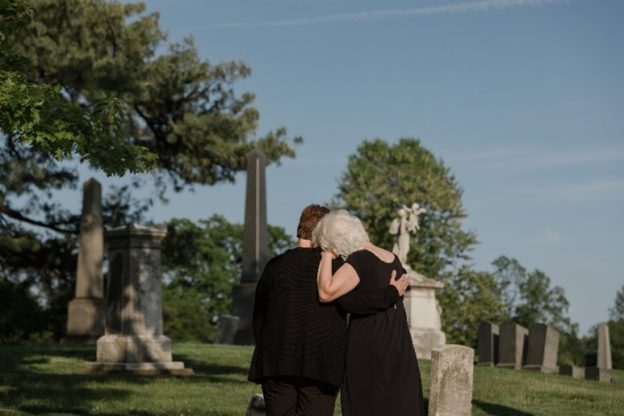
Grief is a universal experience – one that transcends age, gender, status – and even species. Almost all of us will, at one time, lose a loved one, or come into contact with someone who has. As humans, our natural response is to try and fix the situation – but grief is complicated and can be difficult to understand. Here we will try and shed some light on some of the common questions and misconceptions surrounding grief – in an effort to help you better understand it.
What is grief?
Grief is complicated and people’s experiences of grief can be very different from one person to the next. Grief could be described as a feeling of distress over a loss. It can affect varying aspects of your life through changes to your physical, social, and cognitive reactions.
What is the difference between grief and mourning?
Grief and mourning are closely related but are not the same. Mourning can be classified as an outward expression of loss, whereas grief is more private and personal. We all will experience grief, but we may not all outwardly mourn the loss of a loved one – immediately, or ever.
How long does grief last?
There is no timeline for grief. Some people may start to feel better quite soon after a loss, others may take years. It can help to take notice of positive changes – such as being able to wake and sleep easier or having more energy during the day.
Will ignoring grief work?
Stifling away your grief is a common mechanism that people will use to cope. While it can help in the short term, it is often unsustainable and may do more harm than good. You may find that your grief escapes in other negative ways such as through anger, or your grief may build to a breaking point. It is better to address your grief and to reach out to loved ones or professionals if you need help.
Should I be open about my grief?
As our loved ones that we have said goodbye to were unique, so are we, and there may be lots of reasons why you feel uncomfortable about talking about the way you are feeling and wish not to share it with others.
It is important to remember that you are not alone. You might not feel up to returning to work or meeting in person with friends or family. However, picking up the phone, or sending a message can be a good place to begin your conversations.
Grief is an experience that everyone will go through at some time in their lives. Those around you will be able to understand and empathize with your experience.
What should I do if I am struggling?
First of all, it is important to show yourself kindness. Grief is not a problem to solve. It is about learning how to move forward and you shouldn’t be worried if you are thinking about your loved one for many years to come. However, if you feel that grief is affecting your life in a deeper and more problematic way then it is important to reach out for professional help through bereavement counselling or group therapy.
